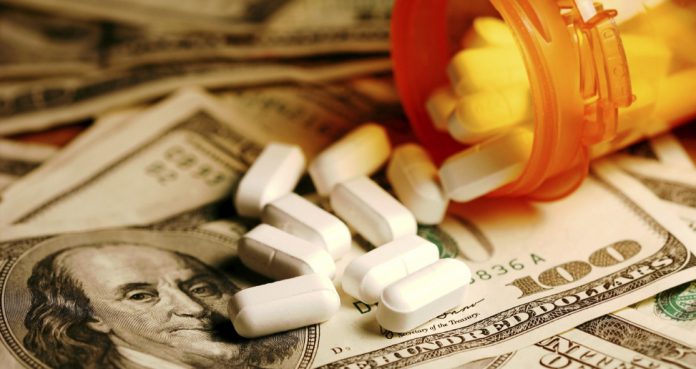A new study has found that many Americans are struggling to pay for their heart medications that help protect them from life-threatening cardiovascular events, such as heart attack and stroke.
Researchers noted that at least one in eight Americans, who suffer from a high-risk cardiac issue, say that financial burden has led them to avoid taking their heart medications, take lower doses than advised, and delay their prescription refilling.
Senior study author Dr. Khurram Nasir from Houston Methodist Hospital, Texas, said people who are not yet old enough to be on Medicare were greatly affected.
The authors found that noncompliance with heart medications due to high drug prices was as much as three times more among people below 65.
Dr. Nasir explained, “Elderly patients covered by Medicare have a higher burden of disease and they are less likely to be actively employed. Still, they had two to three times lower risk of being noncompliant due to cost.”
The findings of the study support the argument that Medicare-for-All could help in promoting better health in the United States, he added.
“Our study suggests the current for-profit private insurance system is failing to protect a lot of people from financial risk,” said Dr. Nasir.
Skipping heart medications, such as cholesterol-lowering drugs, blood pressure drugs, among others, can increase the risk of heart failure, heart attack, or stroke, which could be life-threatening.
Director of Preventive Cardiology with Northwell Health Sandra Atlas Bass Heart Hospital Dr. Benjamin Hirsh said, “Heart disease is rising at an alarming rate, and policymakers and stakeholders are needed to curb this epidemic by addressing problems related to affordability of medications.”
The study found that one in five Americans under 65 reported that a “financial strain” has been keeping them from taking their heart medicines as recommended. It also found that many people skipped their doses or delayed their prescription refilling.
Furthermore, many working-age Americans with health coverage reported not taking their heart medications as recommended.
Dr. Nasir noted, “One in three individuals who were noncompliant actively requested their physicians to help them find cheaper alternatives.”
The authors also found that people who did not take medications as advised due to financial squeeze were nine times more like to use alternatives or 11 times more likely to ask doctors to prescribe low-cost medicines.
Cardiologist Dr. Satjit Bhusri from Lenox Hill Hospital in New York City said, “Affordability, by using generic-brand medicines and support from outside aid, is the best weapon against noncompliance due to cost.” Dr. Hirsh added, “Efforts directed towards educating patients and stakeholders, and team-based strategies to reduce medication costs will be necessary to reduce heart disease and curb unsustainable health care expenditures.”























